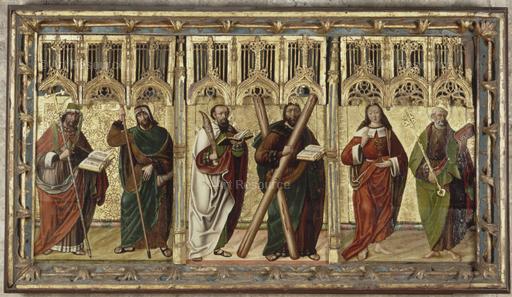To paraphrase Degas: There is blogging and there is life; and we have but one heart.
In a hurry yesterday, I neglected to say that Bouyer’s The Decomposition of Catholicism is not particularly representative of his writing. It is a brief, highly personal howl of dismay at the results of the Second Vatican Council, in which he himself played a significant role. The polemical energy of it appeals to me but polemics, I know, is not everyone’s cup of Twinings. So perhaps it is a book to meet later, after engaging the tenor of his mind and flavor of his scholarship in his many works on spirituality, the sacraments, the liturgy and Church history.
Continue Reading 



